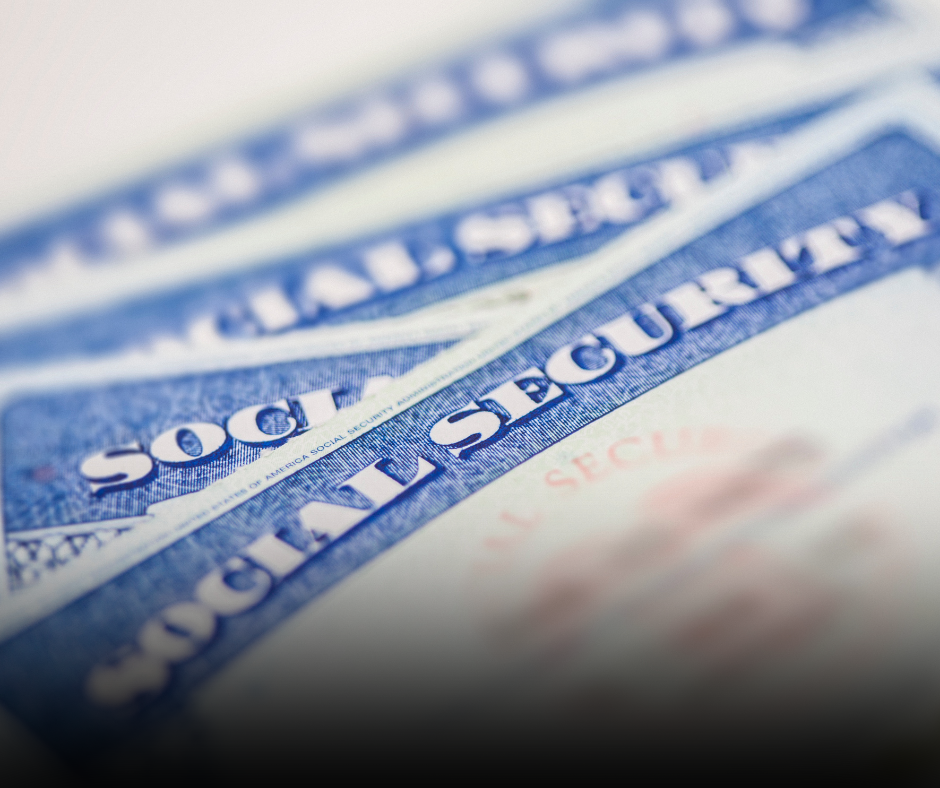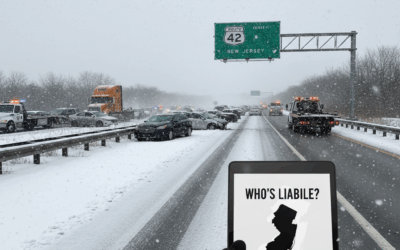Supplemental Security Income (SSI) helps people with disabilities pay for basic needs like food and shelter. But many people are surprised when their SSI check is smaller than expected.
Here’s why: Social Security looks at all support you receive, not just your paycheck. If someone pays your rent, buys your groceries, or covers your utilities, they may reduce your SSI amount. This is because SSI is meant to cover those same basic costs.
However, there’s an important difference with loans. If you borrow money that must be repaid, Social Security usually doesn’t count that as income. This can significantly affect your benefit amount.
This explains why two people in similar situations may receive very different SSI payments – one gets free support while the other lives on borrowed money.
These rules can be confusing. This is general information only. For questions about your specific case, contact Social Security or speak with a qualified representative.





